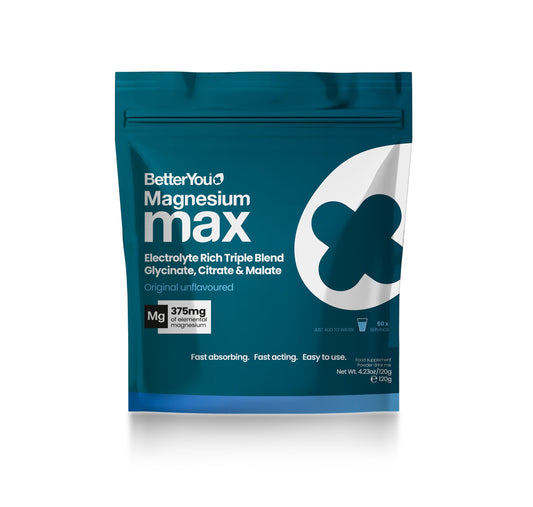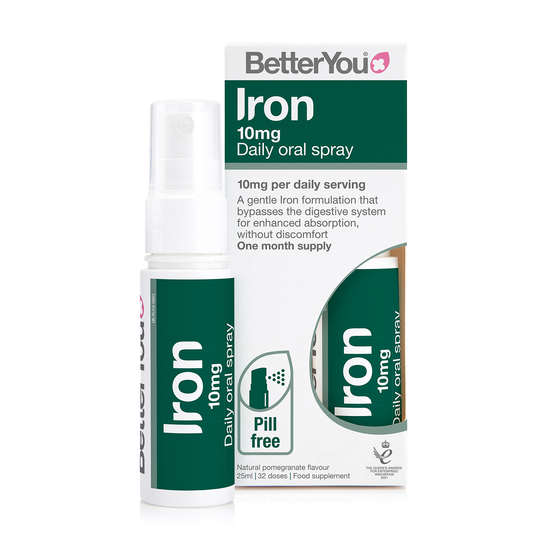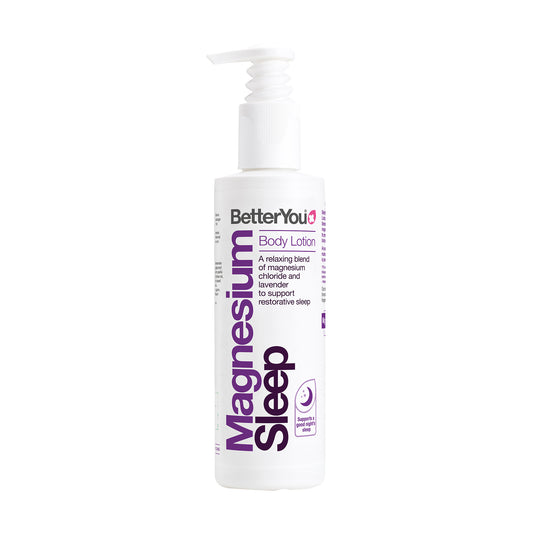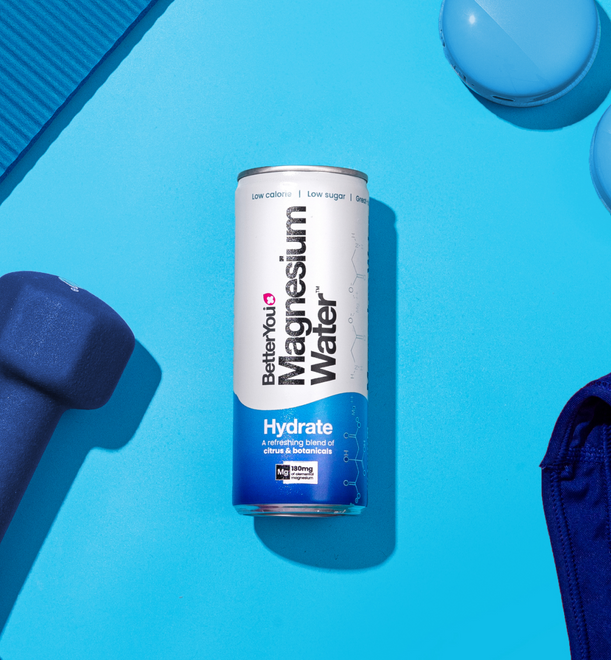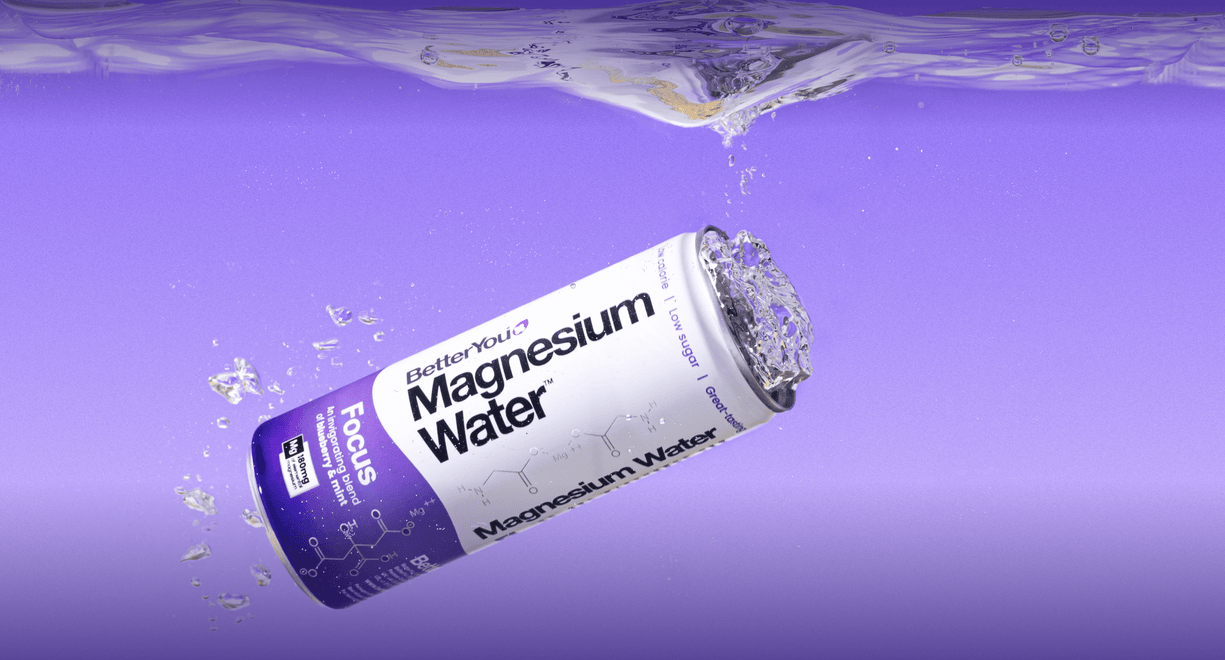We asked Nutritionist Naomi Mead what her top 8 tips for a healthy pregnancy are...
Take your prenatal vitamins
With all the recent media headlines suggesting that pregnancy multivitamins are “unnecessary” and “a waste of money”, many women might be feeling confused as to what vitamins to take pre-conception and during their pregnancy. The evidence stands strong for the use of folic acid (400mg a day) to reduce the risk of neural tube defects such as spina bifida, and vitamin D (10 micrograms a day), which is important for the baby’s bone and tooth formation, and the ability to absorb calcium. These are the current guidelines from the NHS and Department of Health.
Drink ginger tea
Morning sickness (a misleading name, as It can affect women at any time of the day or night, and sometimes all day long) effects more than 80% of pregnant women. Some women are actually sick, whilst others have a feeling of nausea without actually vomiting. It’s an unpleasant, and in some cases, extremely debilitating side effect of pregnancy, and is thought to be caused by high levels of pregnancy hormones flooding the body. It usually starts at about the sixth week of pregnancy and settles by about week 14. Many women find that fresh ginger helps relieve nausea, and there is some primary evidence to support this. To make ginger tea, soak three or four slices of fresh ginger in boiling water for five minutes, and sip slowly.
Eat a healthy diet
This is important not only for the growth and development of your baby, but can also impact your child’s long-term health. To eat a balanced and varied diet you need to be ensuring that you are including foods from all of the main 4 food groups- wholegrain starchy foods (pasta, rice, bread, other grains), fruit and vegetables (the more variety, the better), protein rich foods (meat, fish, pulses, beans, tofu, nuts, seeds) and dairy foods (or calcium-enriched dairy alternatives). You should also be aiming to have fish at least twice a week (one portion of which should be oily fish). Drinking plenty of fresh filtered water, and herbal teas, is vital to ensure good hydration levels during pregnancy.
Get plenty of iron
The overall requirement for iron significantly increases during the second and third trimesters of pregnancy, largely due to the fact that women have a higher volume of blood than usual, so need more iron to make more haemoglobin. Extra iron is also required for the growing baby and placenta. There are two types of iron in food: iron from animal foods (haem iron) and iron from plant foods (non-haem iron). Haem iron is absorbed by the body about 10 times better than non-haem iron, and the best source is red meat (the redder the meat, the more iron it contains). Non-haem iron can be obtained from wholegrain and iron-fortified breads, nuts, legumes and green leafy vegetables. If you are a non-meat eater you will need to eat more of these plant foods to get enough iron. Always combine non-haem sources with a food source of vitamin C (such as tomato, red pepper or a squeeze of lemon juice) which will help to enhance the iron absorption.
Minimise your caffeine intake
It is recommended that caffeine should be limited to 200 milligrams (mg) a day during pregnancy (the equivalent of 2 cups of instant coffee). High levels of caffeine during pregnancy can result in babies having a low birth weight, which can increase the risk of health problems later in life. Too much caffeine can also increase miscarriage risk. As a guideline, here are the caffeine levels in some food and drinks -
- one mug of instant coffee: 100mg
- one mug of filter coffee: 140mg
- one mug of tea: 75mg
- one can of caffeinated fizzy drink: 40mg
- small bar plain chocolate: 50mg
- small bar milk chocolate: 25mg
If you're buying takeaway coffee, bear in mind that the caffeine content of espressos, and coffees based on espressos, such as cappuccinos, can depend on the outlet. But don't worry if you have more caffeine than 200mg a day on the odd occasion; the risk from this is thought to be very small.
Avoid high-risk foods
During pregnancy you are at a higher risk of food poisoning and need to be mindful of preparing and storing food carefully. You should also avoid foods that may contain listeria bacteria like soft cheeses (brie, camembert, ricotta, feta and blue cheese), sandwich meats, pate, bean sprouts and pre-prepared salads. Raw eggs, unpasteurised milk/ milk products, raw and undercooked meat, and raw shellfish fish should also be avoided. For a comprehensive list of foods to avoid, visit the NHS website.
Do some pre-natal Pilates
“Pilates in pregnancy can help strengthen your core muscles” explains Priya Tew, specialist pre/postnatal Pilates teacher. “This includes your lower abdominals, some of the big stabilising back muscles, and your pelvic floor. It will also help you focus on good posture and teaches you useful breathing techniques that you can use in labour. As your pregnancy progresses and your bump grows, the impact of Pilates increases, it can help with lower back ache and in pelvic girdle pain as the exercises will strengthen the muscles that support your pelvis. Pilates is also great for reminding you to stretch out tight muscles. All in all, not only is it a safe way to exercise in pregnancy, but it will help you be stronger and fitter during pregnancy, so you are ready for the demands of motherhood and it can give you a faster recovery post-birth”.
Get plenty of rest
The fatigue, and sometimes exhaustion, that you feel in the first and third trimesters of pregnancy is your body's way of telling you to slow down. Your body needs rest in abundance during this time of increased demand, and pregnant women usually find that they need several more hours of sleep a night. Try to rest and nap anytime you can, and don’t feel any guilt about doing this!
